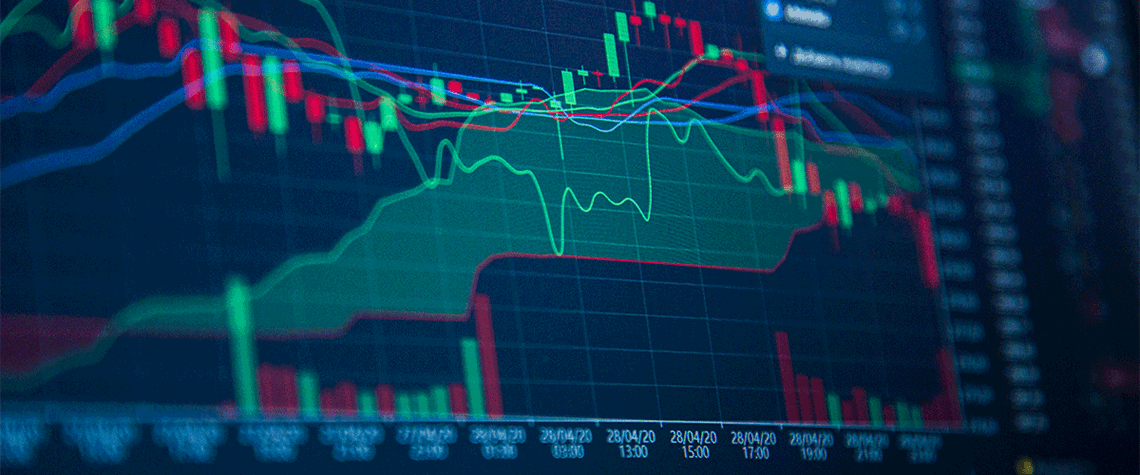Letter from Europe: Retail gas market intervention safer than wholesale
The EU’s proposals to cap wholesale gas prices could result in unintended consequences
The European Commission has an impossible task: to advance a legislative proposal that seeks to limit upside to gas prices without simultaneously endangering security of supply. Any price cap is market distortionary by nature and entails very significant risks as it can limit Europe’s ability to attract LNG. Additionally, a cap set at or below market prices could curtail the market’s ability to trigger the demand reductions necessary to inject enough gas into storage over the course of next summer in preparation for winter 2023–24. As a result, there are only two ways in which a price cap could be implemented while still limiting its dangers to Europe’s security of supply. One option would b

Also in this section
17 February 2026
The 25th WPC Energy Congress, taking place in Riyadh, Saudi Arabia from 26–30 April 2026, will bring together leaders from the political, industrial, financial and technology sectors under the unifying theme “Pathways to an Energy Future for All”
17 February 2026
Siemens Energy has been active in the Kingdom for nearly a century, evolving over that time from a project-based foreign supplier to a locally operating multi-national company with its own domestic supply chain and workforce
17 February 2026
Eni’s chief operating officer for global natural resources, Guido Brusco, takes stock of the company’s key achievements over the past year, and what differentiates its strategy from those of its peers in the LNG sector and beyond
16 February 2026
As the third wave of global LNG arrives, Wood Mackenzie’s director for Europe gas and LNG, Tom Marzec-Manser, discusses with Petroleum Economist the outlook for Europe’s gas market in 2026







